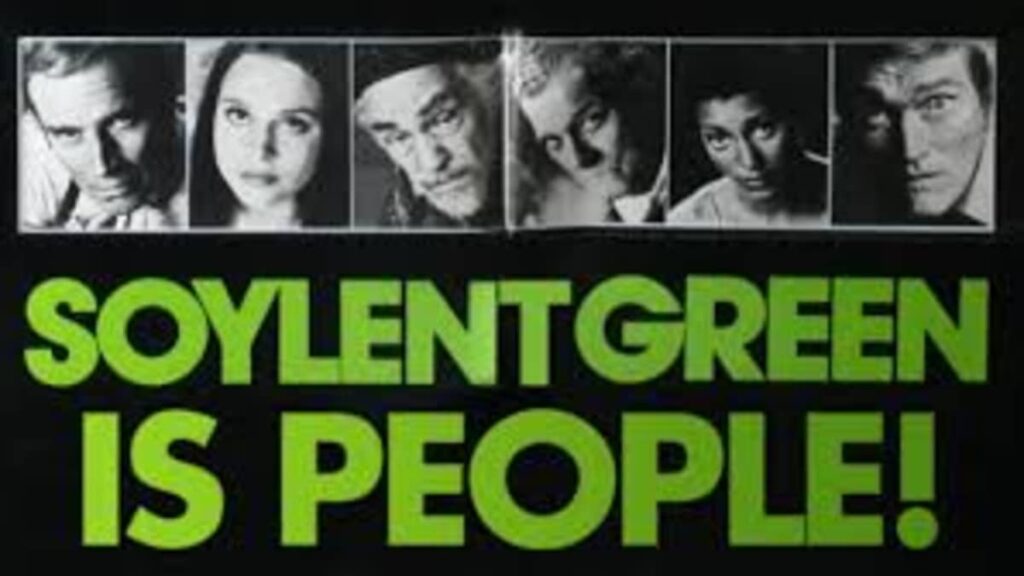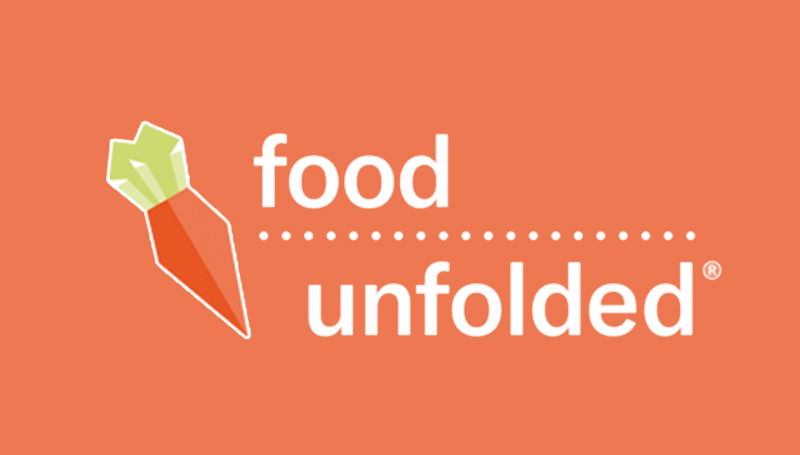Foodunfolded is funded by the European Institute of Innovation and Technology (EIT) located in Leuven, Belgium. I think there is good reason to worry about the potential of any initiative that emerges out of the attempt to enhance life within a particular region of the planet. That noted, Foodunfolded does try to understand how food “is deeply intertwined with our lives and societies” and it aims to be an “accurate, accountable, and non-partisan source of information on food and the food system” , rather than an agent for European values and growth. Most articles published by the website recognize both the unsustainable nature of the existing global food system and the lack of food justice and food security in many parts of the world.
That said, the articles are clearly written in an attempt to draw a potentially conservative (European/western) reader in, and they thus tread lightly when they historicize the dominant food system and suggest alternatives. Thus, a piece about the origin of the (European/North American) Christmas dinner asks if it is “time to make Christmas more sustainable?” An article on “ethical” foie gras rubs shoulders with a piece about regenerative indigenous food systems in North America. Whatever the content, the effort here is not to create barricades to stand on for those trying to save the planet (so to speak), but rather to offer new insight for those who have not given much thought to how food appears in supermarkets and on dinner tables.
From the perspective of Future Food Imaginaries, a particularly interesting article is named “Future of Food: Science or Fiction”. Authored by Aran Shaunak, it inventories how a few well-known science fiction films and novels describe food and eating and compares the futures described in these texts to what is happening in the food industry today. Thus, the consumption of three-course “yeast” meals in Isaac Asimov’s I, Robot (1950) can be seen to have predicted the turn to the mycoprotein used in Quorn™. The point made in this short article is that science fiction can help readers rethink what food is: “If we’re willing to change our views of what counts as ‘food’, then you might find your dining table starting to resemble that of your favourite sci-fi flick and our chances of feeding the world in the years looking promising.” The article ends with identifying a “moral lesson” for science fiction authors: “With so many new and highly sustainable food sources out there, there’s absolutely no excuse for anyone to resort to eating other people”.

While the point that sci-fi may help us think differently about food is good, the call for fiction that refrains from describing cannibalism is misguided. One of the sci-fi texts described in the article is the film Soylent Green (1973), based on Harry Harryson’s novel Make Room! Make Room! (1966). As Shaunak describes, Soylent Green is described in this film as a type of energy bar created out of algae sourced from the ocean. Shaunak then connects this to existing attempts to turn algae into food. What Shaunak fails to observe is the fact that Soylent Green ends with the discovery that the seas are dying. There is not enough algae to feed the population of the planet. The dark closure of the novel reveals that the energy bar has in fact been created from human bodies. Everyone is eating other people in this dystopian future.
Many climate fiction novels, from McCarthy’s The Road (2006) to Argentinian author Agustina Bazterrica’s provocative novel Tender Is the Flesh (2017), feature cannibalism. While such stories may not help readers rethink what food is, they do help readers to understand the consumptive and voracious nature of the existing food system. As many articles on Foodunfolded furtively reveal, the present food system is cannibalistic in the sense that it consumes both people and futures. As the article “Black Tea: The Social Cost of Assam Tea” observes, the establishment of the black tea plantations in Assam during the nineteenth century “resulted in high mortality rates”. Today, the production and circulation of food items such as avocado or coffee beans produce both ecological erosion and human death. To buy and eat food produced in ways that leave people enslaved or dead is a form of cannibalism. This is what Soylent Green is ultimately about and if authors of science/climate fiction have a moral obligation of some sort, it is to narrate this particular relationship.

